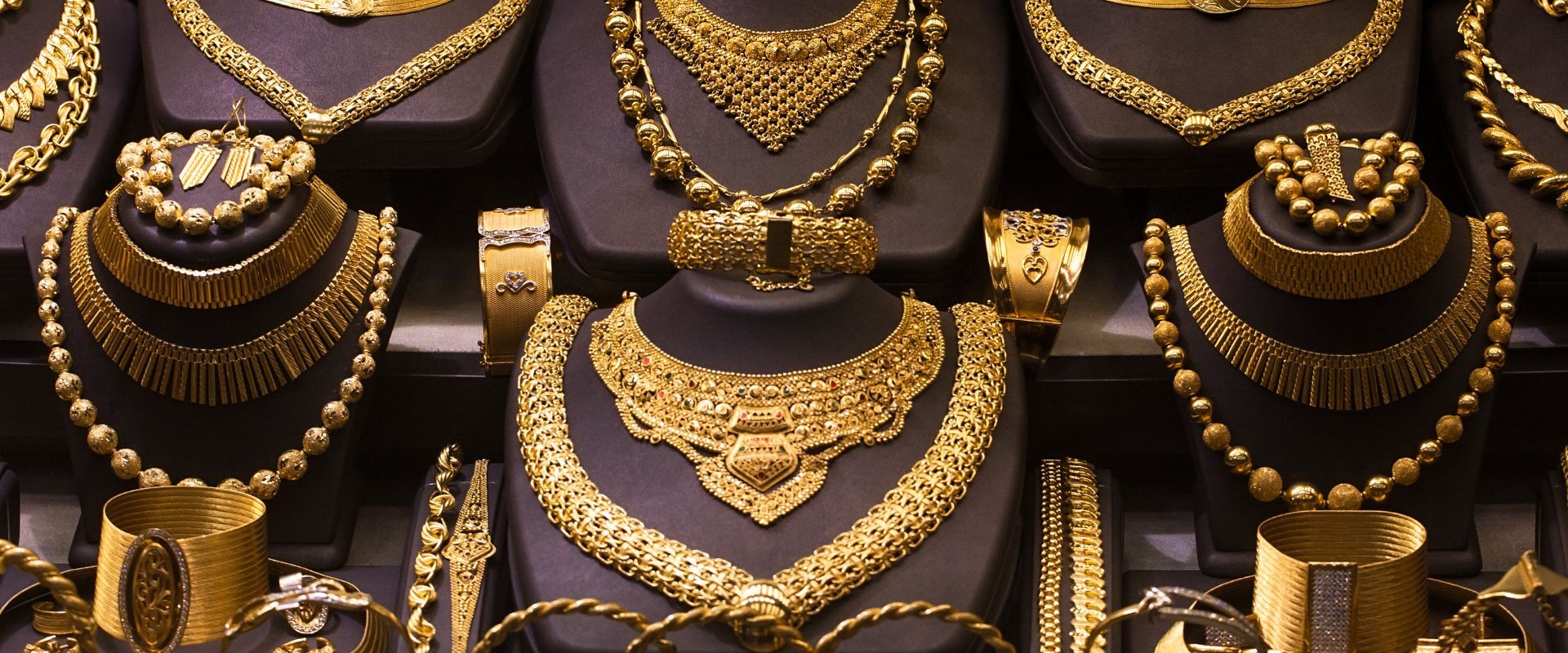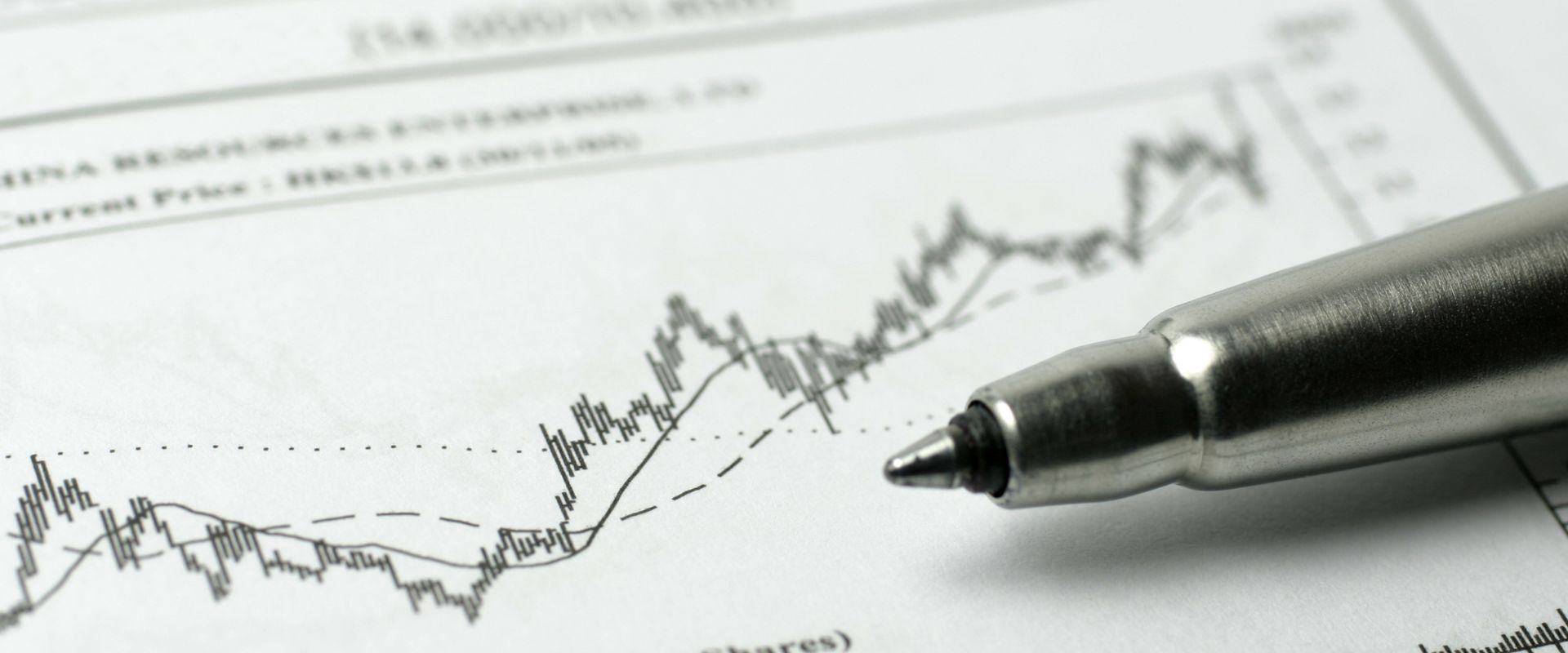Last year alone, Switzerland exported over 1,500 tons of gold. As the biggest gold transit hub in the world, Switzerland houses four of the seven largest precious metal refineries across the globe, refining over 70% of the planet’s gold each year. Every day, daily gold trading averages $130 billion on Switzerland’s market, with gold sitting at the prime position as the top-traded asset above any other commodity in the country.
Because of gold’s prominence in the peace-maker nation, Switzerland has spent the last few decades developing various initiatives to promote more responsive gold sourcing and ethical mining practices. For example, in 2013, Switzerland formed the Swiss Better Gold Association to support gold organizations in the small-scale and artisanal sector.
The initiative helped produce over 12 tons of responsible gold by enacting various ethical initiatives, such as reforestation programs and movements to replace mercury with cyanide to protect employees. To encourage safer mining practices, Swiss Better Gold also paid gold mines $1,120 to cooperate with the initiative’s strict sustainability requirements.
Swiss Better Gold has many recognizable members to this day, like Cartier, Metalor, and Chopard, who continue to use gold provided by the accredited artisanal mines. Switzerland imports most of the initiative’s responsible gold from Peru, Bolivia, and Columbia.
What’s unique about SBG and the more recent initiative, which we’ll get to in a moment, is how they promote smaller-scale operations. One may think that Switzerland would want to develop programs that target all mining operations, so why only focus on artisanal mines?
The idea for Swiss Better Gold blossomed in 2007 when Philippe Fornier, one of the program’s committee members, wanted to source ethical gold for a jewelry brand but couldn’t find any suitable options. While artisanal and small-scale mines only account for 10% to 20% of global gold production rates, they employ 80% of the world’s mining workforce. Clearly, the term “small-scale” does not equate to small impact.
The artisanal mining sector has alarmingly high rates of unsafe working conditions, fatalities, child labor, mercury exposures, and more. When not properly regulated, the gold mining industry, in general, can harm the environment, local communities, and its workers. Swiss Better Gold’s aim is to reverse this trend by targeting a major industry sector with increased regulations on employee safety, sustainability, and more.
While Swiss Better Gold improved sustainability in the global gold industry, it didn’t remove all ethical concerns. For example, a recent incident occurred at a Swiss Better Gold mining project, resulting in an employee losing their life in a fire. This tragedy provided a stark reminder that the gold industry still has a long way to go.
Fast forward to November 2021, and Switzerland launched a new initiative to take Swiss Better Gold one step further. The latest solution, the Swiss Positive Gold Fund, allows traders to invest in ethically sourced gold. This initiative promotes ethical investing while encouraging more artisanal mines to strictly follow the guidelines outlined in the SBG program if they want to keep their investors.
In the past two years, the Swiss Positive Gold Fund has already created ripples throughout the gold industry. Major refineries, like MKS PAMP, are now refusing to do business with artisanal mines that do not meet Switzerland’s ethical standards.
If artisinal mines want to qualify for the Swiss Positive Gold Fund, they must meet strict environmental, social, and governance rules similar to SBG’s requirements. Investors who choose such artisanal mines can enjoy peace of mind, knowing they’re contributing to a sustainable, positive impact on the environment and local communities.
“By choosing sustainable gold, consumers can send a strong message to businesses and governments that they are willing to pay more for a product that is both good for people and good for the planet,” Frédéric Dawance, a managing partner at De Pury Pictet Turrettini, explained. “Investors who subscribe to the fund can thus contribute to improving the living and working conditions of artisanal miners and protecting the environment.”
Initiatives like Swiss Better Gold and Swiss Positive Gold are just a couple of examples of how the gold industry continues shaping to be more sustainable. In similar news, the Ministry of Economy recently released stricter regulations on UAE gold refineries to create a more responsible gold supply chain. The efforts are working to combat issues like money laundering, terrorism financing, and fraud within gold trading.
As we continue seeing further advancements in gold sustainability initiatives, traders can enjoy enhanced peace of mind investing in a more responsible metal. As always, investors should consult their financial advisors before making any portfolio moves.








